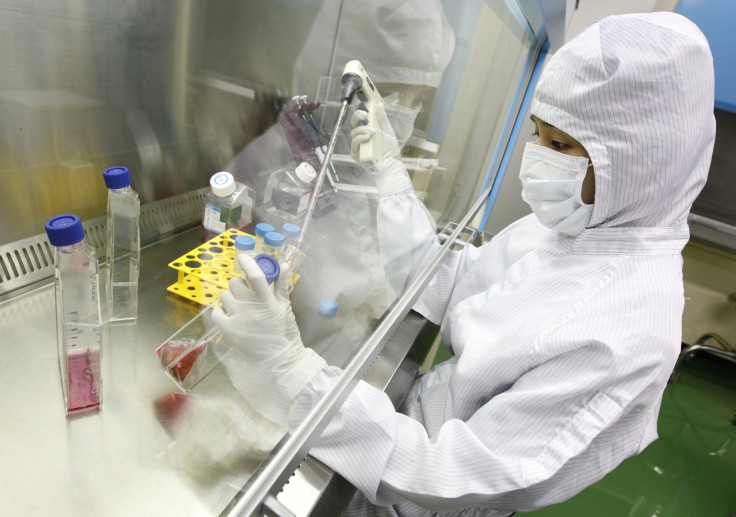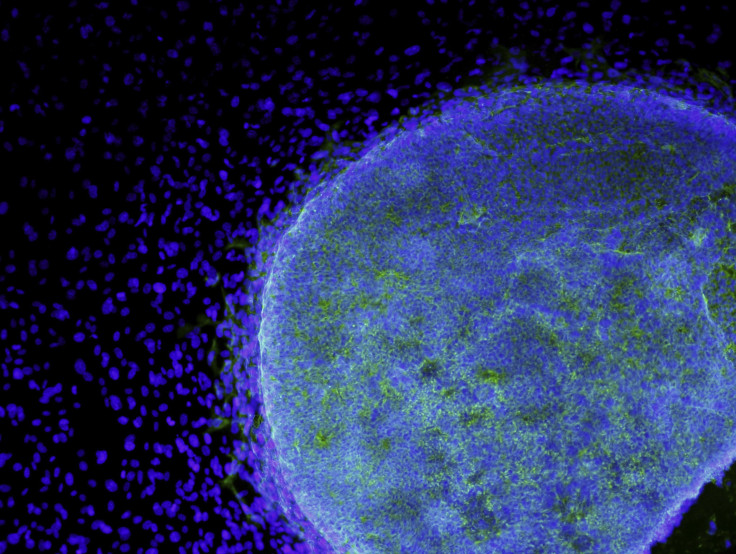Cure For Cancer? Stem Cell Research Discovery Kills 'Disease-Causing Intruders,' Scientists Discover

Researchers at UCLA successfully created an artificial thymus capable of killing "disease-causing intruders" responsible for the growth of cancerous tumors. Scientists at the Eli and Edythe Broad Center of Regenerative Medicine and Stem Cell Research said the stem-cell research breakthrough could one day pave the way toward creating a cure for cancer.
Unlike ordinary thymuses – an organ producing virus-fighting T cells – in human bodies, the researchers said their artificial organ could withstand the test of time and continue creating healthy cells long into a patient’s lifespan. Dr. Gay M. Crooks, co-director of the research center and co-author of the study, said the artificial thymus could eventually be engineered to target and attack cancerous cells.
Read: The Cure For All Disease? Mark Zuckerberg Hires Team Of Expert Scientists To End Global Illness
"We know that the key to creating a consistent and safe supply of cancer-fighting T cells would be to control the process in a way that deactivates all T cell receptors in the transplanted cells, except for the cancer-fighting receptors," Crooks said in a statement. Her team’s preclinical study was published Monday in the journal Nature Methods.

The artificial organ uses blood stem cells to create "artificial thymic organoids," capable of producing specialized T cells that can detect a large scope of viruses yet operate similar to normal, naturally created human cells.
The researchers were astounded to discover the simple addition of a cancer-fighting gene in the thymus’ organoids spurred the duplication and ongoing production of T cell receptors capable of destroying cancerous cells. Those specified cells had the rest of their T cell receptors shut down during the experiment, allowing them to focus on cancer cells with tunnel vision.
The next step for the UCLA researchers is to begin conducting additional studies experimenting with pluripotent stem cells, designed specifically to eliminate cancerous cells in patients suffering from terminal cancer diagnoses.
© Copyright IBTimes 2025. All rights reserved.






















